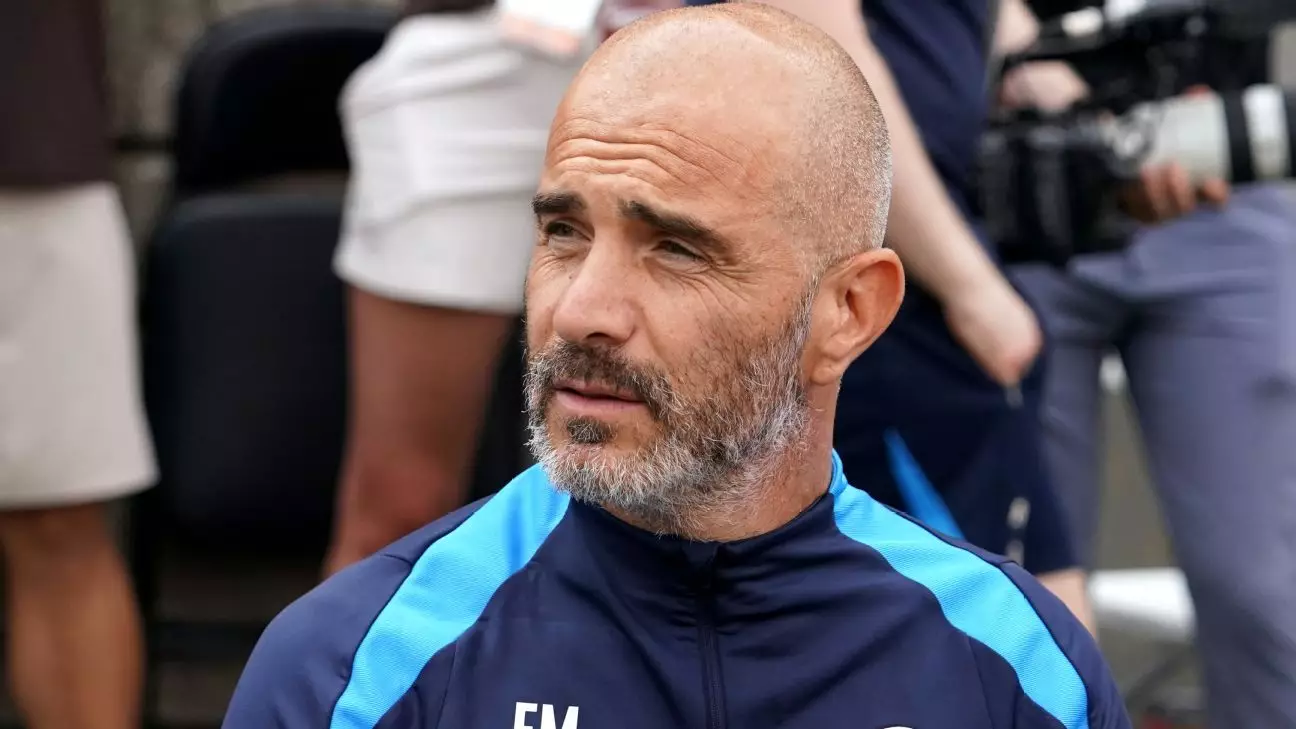In the world of professional football, the relentless grind of games continues unabated, prompting serious concern among players and management alike. Chelsea’s manager, Enzo Maresca, has highlighted a critical aspect of the modern football schedule: the lack of protection for players amid an increasingly congested calendar. As players face astonishing workloads, discussions around their welfare are intensifying, leading to calls for reform and better management of their time on the pitch.
The conversation about player welfare has gained momentum recently, with Manchester City’s Rodri suggesting that players may even contemplate striking if their concerns go unaddressed. Such radical notions underscore the frustration that many athletes feel in the face of ceaseless fixtures, particularly during hectic seasons. The support from high-profile players like Real Madrid’s Thibaut Courtois and Barcelona’s Jules Koundé emphasizes how vital it is for the footballing community to unify against an unsustainable model that prioritizes profit over player health. Maresca’s acknowledgment of players expressing dissatisfaction can be viewed as a significant first step toward fostering a culture that values athlete well-being.
It remains clear that the demands placed on players can detract from both their performance and overall health. With a hectic schedule amplified by domestic leagues, European competitions, and international duties, the strain on players is palpable. Chelsea’s recent decision to omit promising talents like Cole Palmer and Wesley Fofana from their UEFA Conference League squad indicates a strategic approach to volume management, recognizing that rotation is not merely a tactical choice but a necessity for preventing injury and burnout.
Notably, football figures, including Carlo Ancelotti, have made the case that if the schedule does not ease, players might even consider taking voluntary pay cuts in exchange for a reduction in games. This proposition speaks volumes about the seriousness of the situation and the frustration felt across the football spectrum. It draws attention to the potential misalignment between the interests of the clubs and the health of their players, raising questions about the long-term sustainability of the game’s current structure.
As Chelsea gears up to face West Ham in an important London derby, the implications of player workload loom large. With critical players like Enzo Fernández returning from illness and others like Reece James still sidelined, Maresca’s focus must extend beyond tactics to the physical sustainability of his squad. The call for systemic changes to protect players is vital, and it is a sentiment that should resonate throughout the industry. As Maresca and others push for reform, the hope is that football can evolve into a structure that prioritizes its greatest assets: the players. The future of the sport depends on it.

Leave a Reply